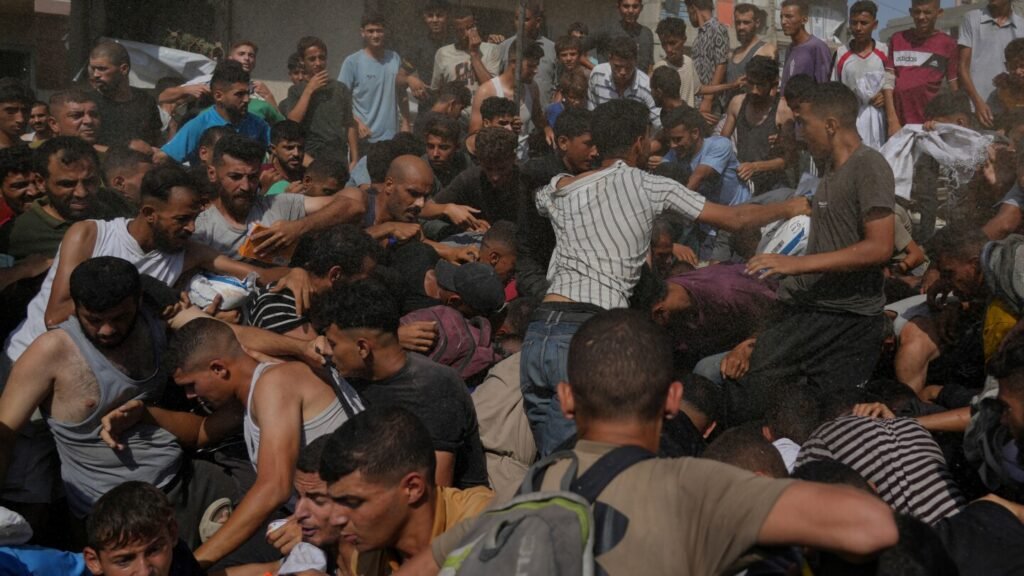Two Years On: Reflecting on the Impact of the Oct. 7 Hamas Attack in Israel
Thousands of individuals gathered in southern Israel recently to commemorate the victims of the devastating Oct. 7 attack by Hamas, which has had a lasting impact on the region for the past two years. This tragic event catalyzed a significant conflict that continues to affect both Israel and Gaza, despite ongoing indirect negotiations aimed at reaching a resolution.
Memorials and Commemorations
As the nation marks this somber anniversary, bereaved families organized the primary memorial event, distinct from the governmental ceremony set to take place next week according to the Hebrew calendar. This separation underscores mounting frustrations with Israeli Prime Minister Benjamin Netanyahu and his administration, which many individuals hold responsible for failing to secure a ceasefire and address the plight of remaining hostages. The divisiveness in public sentiment reflects ongoing discontent regarding leadership and crisis management during a volatile time.
Continuing Conflict in Gaza
In the Gaza Strip, the repercussions of Israel’s retaliatory offensive have been devastating. Tens of thousands of individuals have lost their lives, and entire towns have been destroyed. Those still in Gaza face a dire situation, with many struggling to evacuate due to the hardships of fleeing during heightened hostilities. Others are left with no option but to shelter in place, further complicating their survival amid ongoing turmoil.
Details of the Attack and Its Aftermath
The events that unfolded on October 7, 2021, marked a turning point for the region. A massive barrage of rockets was launched by Hamas-led militants, resulting in a devastating assault on southern Israel. The attack targeted army bases, civilian farming communities, and even an outdoor music festival, leading to the deaths of approximately 1,200 people and the abduction of 251 others. While most hostages have been released through ceasefire agreements or negotiations, 48 individuals are still unaccounted for inside Gaza.
International Response and Peace Efforts
In the wake of these ongoing tensions, President Trump’s peace plan has received substantial international support, raising hopes for an end to the protracted war. Nevertheless, significant uncertainties surround the plan’s execution, notably concerning the disarmament of Hamas—a primary demand from Israel—and the future governance of Gaza.
Indirect Negotiations Underway
Efforts toward reconciliation were evident recently, as indirect negotiations resumed between Israel and Hamas at a resort city in Egypt. After extensive discussions, both parties reportedly agreed on several preliminary terms, including the release of hostages and establishing a ceasefire. An Egyptian official closely monitoring the talks confirmed these developments, highlighting the cautious optimism surrounding the potential for reducing hostilities.
Conclusion
As the anniversary of the Oct. 7 attack approaches, the emotional toll on families, communities, and the broader population remains palpable. The ongoing conflict continues to shape lives in both Israel and Gaza, with hopes for a peaceful resolution persisting amid complex challenges. The collective memory of loss and resilience serves as a reminder of the importance of dialogue, understanding, and ultimately, peace in a region that has faced too many trials.
For continual updates on the evolving situation, keep informed through trusted news sources.


